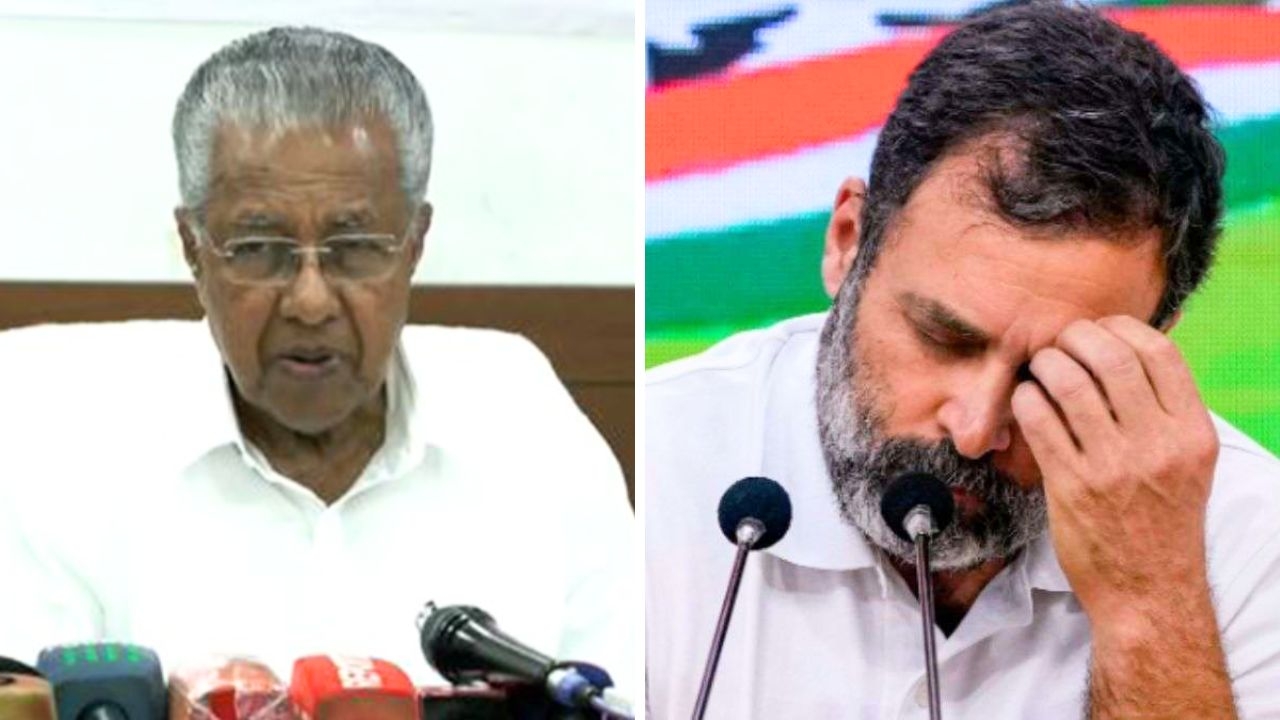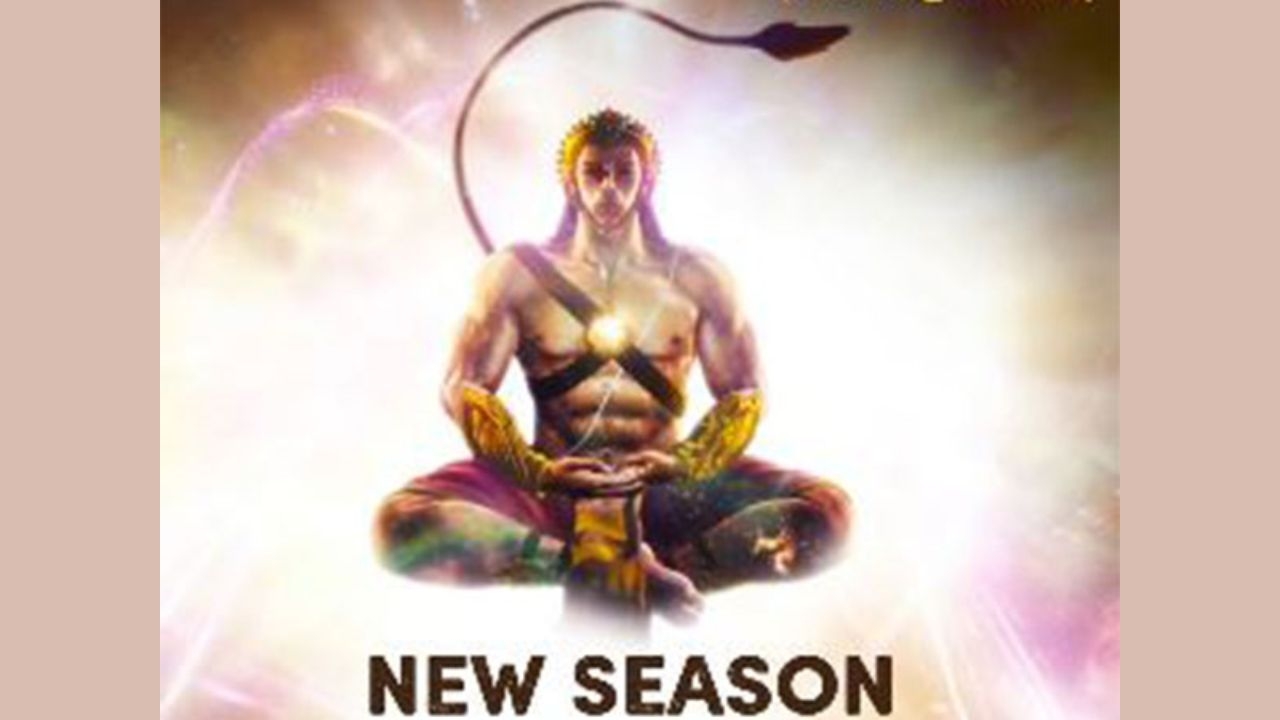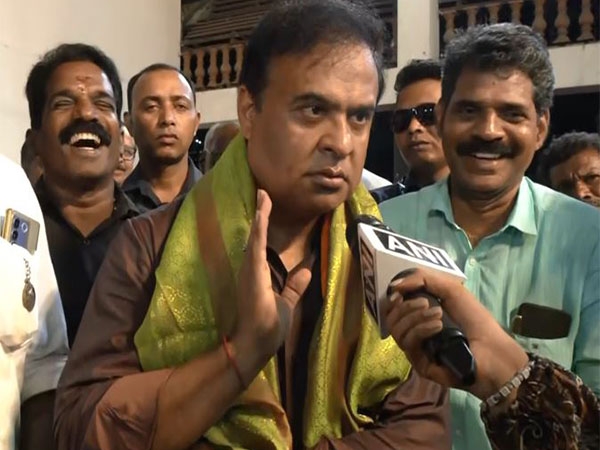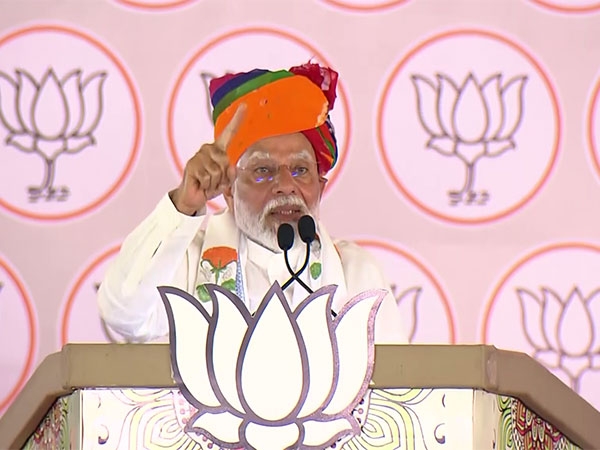Meet Hindu culture's one-man battalion, Swami Shubha Vilas
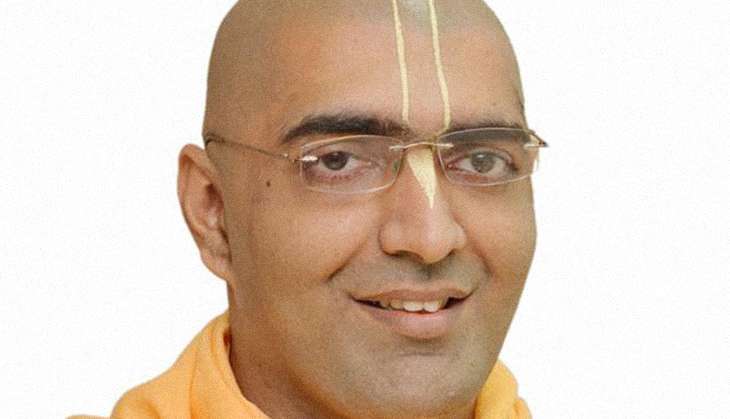
Where should one go for moral advice? Do we need moral advice? Does morality even matter today?
Swami Shubha Vilas thinks we need it more than ever to anchor our boats, which are lost and drifting aimlessly in the sea of life.
His latest book Open-Eyed Meditations, published by Fingerprint, triggers some quiet contemplation. On the cover is a tiny subtitle that says "Practical wisdom for everyday life", and that accurately sums up the book.

The lawyer who became a monk
Born in Kanchipuram in 1982, the Swami is an engineer and a lawyer who majored in patent law.
Ten years ago, something changed within him. It was a realisation that made him want to choose a life where he could give plenty, not just take.
He joined the ISKCON sect of monks at Mumbai Chowpatty, shaved his head and wore a mild saffron robe, painting his forehead with a sandalwood U symbol, typical of Krishna devotees.
But that didn't halt his quest for learning, or his observations on modern ways of life and people's recurring life problems.
"Some years ago, I began a search to find a book that would tell me how to apply Vedic teachings in everyday life. The Ramayana and Mahabharata are supposed to have answers to all of life's problems. But I couldn't find any contemporary book that spoke of the relevance of our scriptures for today's modern day problems. That's when I decided to write it myself," he tells this reporter while sitting at ease at the Oxford Book Store at New Delhi's Connaught Circus. On Wednesday, he launched his book with mythology and religion writers Namika Gokhale and Renuka Narayanan.
The young Swami published his first book three years ago - Ramayana - Game of Life - which became a bestseller and a trilogy. This is his fourth book.

Modern relationships and the Mahabharata
In conversation with Narayanan, who is Religion Editor for the Hindustan Times, the Swami talks about modern day relationships.
He says there are two reasons why relationships are more short-lived now than before - in ancient times, human beings had much more gratitude and heartfelt appreciation for each other.
"Krishna and Arjuna had so many names for each other. Krishna was called Govinda (cow finder), Gopala (protector of vedas), Madhusudhana (slayer of Madhu)... Arjuna was called Parth (friend), Gudakesa (one with beautiful hair) and Savyasachi (the ambidextrous one). These names were to point and appreciate specific attributes in each other. This rumination on another persons' good qualities was the prevalent culture. This is why relationships were so deep and powerful," he tells the gathered audience.
"Today there is only flattery. And it is a tactic, not a culture," he points out.
Another theory the Swami propounds is what he likes to call the Line of Respect (LOR), which he says every relationship has.
He says the moment a relationship becomes disrespectful, it breaks and crumbles in no time. "Thirty years of togetherness can end in 30 seconds with the LOR is crossed," he says.
He calls the lack of respect a "relationship suicide bomber" through the story of Krishna and Shishupala from the Mahabharata.
Social media validation
In a chapter called "Do 'likes' make my life?", the Swami breaks down the craze for social media approval through the story of Karna from the Mahabharata.
Just before the final battle of Kurukshetra, Bhishma, the commander-in-chief of the Kaurava army, was asked to rate the strengths of the heroes on their side. Bhishna rated Karna as an ardha-rathi, or half-warrior, pointing that Karna had been cursed by Parashurama that when he needed his knowledge the most, he would not be able to recall it. The world of Karna's heroism crumbled down. In sheer frustration, he declared that he would enter the war field only when Bhishma was dead.
The Swami writes: "When you doubt yourself, you hate yourself. And when you hate yourself, you proclaim enmity with yourself...This reveals Karna's deep seated insecurities. When we are uncomfortable with ourselves, instead of attending to our shortcomings, we tend to be extra-sensitive in dissecting other's behaviour. By projecting the blame in others, we can avoid and neglect our own personal inadequacies."
If the book lacks anything, it is good prose. The Swami is a motivational speaker, and likes to be the friendly listening ear to people's problems in real life. That makes him a better speaker than a writer. His books could definitely use a sharper editor to convey the insightful wisdom he is bringing us from our own forgotten epics.
Why is he a sanyasi?
"Your hard-earned wisdom seems to suggest you have solved life, Swami ji. You are wise enough to live every relationship perfectly. Why, then, are you a sanyasi?" I ask him at the end of the session.
"Not everybody is born to live for themselves. Just like an army fights to keep the nation safe, I see my role as a culture battalion, who is fighting to protect the culture of this country. I want to bring the focus back on the essence of Hinduism from its externalities," he says and smiles.
To know that the Mahabharata and Ramayana offer solutions to modern relationships, work-life imbalance, leadership, public image, shopping and consumerism, and benchmarks of success and happiness is itself an eye opener.
The Swami decodes their lessons secularly with precision and humour.
If you are a practicing Hindu who is unable to defend your religion in the wake of a fundamentalist wave, Open-Eyed Meditations will offer a guaranteed quick fix.
Edited by Shreyas Sharma
More in Catch
The battle between faith and culture isn't new. Here's how Akbar reconciled them
Video: Veda boys B-boying at an ISKCON satsang is the best thing you'll see today
Now, religions unite to save the world from climate change
First published: 18 August 2016, 10:35 IST






![BJP's Kapil Mishra recreates Shankar Mahadevan’s ‘Breathless’ song to highlight Delhi pollution [WATCH] BJP's Kapil Mishra recreates Shankar Mahadevan’s ‘Breathless’ song to highlight Delhi pollution [WATCH]](http://images.catchnews.com/upload/2022/11/03/kapil-mishra_240884_300x172.png)

![Anupam Kher shares pictures of his toned body on 67th birthday [MUST SEE] Anupam Kher shares pictures of his toned body on 67th birthday [MUST SEE]](http://images.catchnews.com/upload/2022/03/07/Anupam_kher_231145_300x172.jpg)


